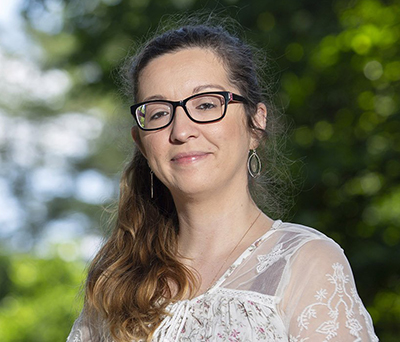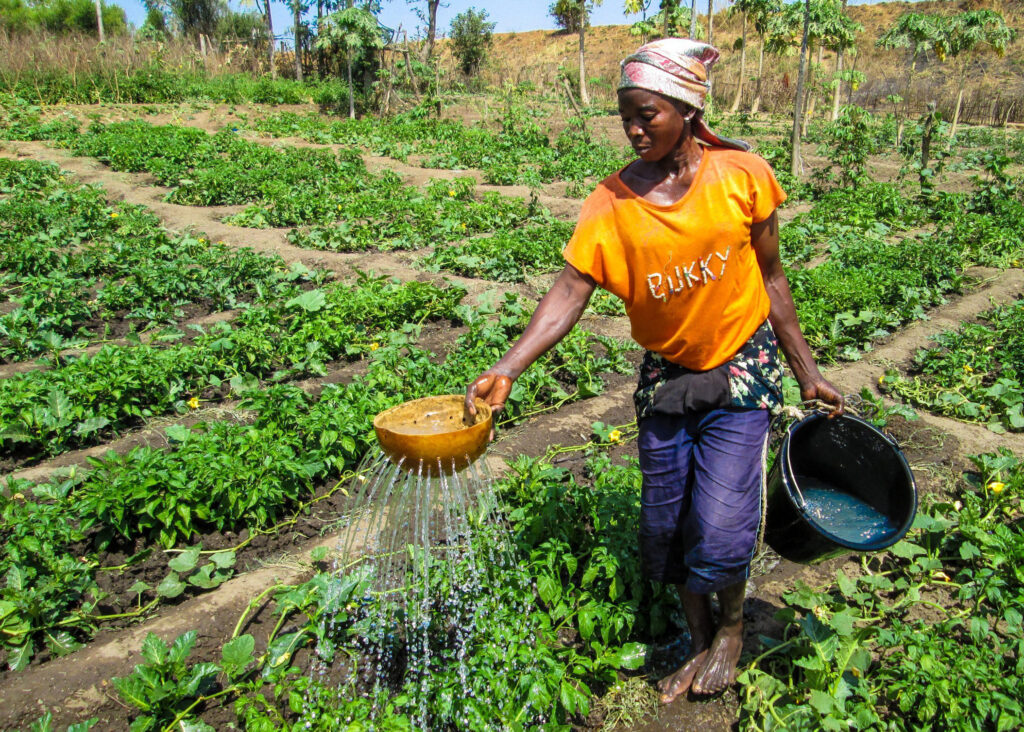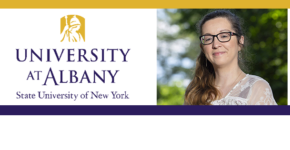 On University at Albany Week: Artificial intelligence can serve many purposes.
On University at Albany Week: Artificial intelligence can serve many purposes.
Daphney-Stavroula Zois, Assistant Professor of Electrical and Computer Engineering, College of Engineering and Applied Sciences, details how to help farmers abroad.
Daphney-Stavroula Zois is an assistant professor with the Department of Electrical and Computer Engineering at the College of Engineering and Applied Sciences, University at Albany, State University of New York.
Her research interests include decision making under uncertainty, machine learning, detection and estimation theory, intelligent systems design, and signal processing.
She directs the IMAgINE Lab at UAlbany.
Previously, she was a Postdoctoral Research Associate in the Coordinated Science Laboratory at the University of Illinois, Urbana–Champaign, Champaign, IL, USA. Zois received her bachelor’s degree in computer engineering and informatics from the University of Patras, Patras, Greece, in 2007, and a master’s of science and PhD in electrical engineering from the University of Southern California, Los Angeles, in 2010 and 2014, respectively.
Dr. Zois has received the Viterbi Dean’s and Myronis Graduate Fellowships and the National Science Foundation CAREER Award. She has served and is serving as Co-Chair, Technical Program Committee Member, or Reviewer in international conferences and journals, such as AAAI Conference on Artificial Intelligence, IEEE International Conference on Acoustics, Speech, and Signal Processing, IEEE Global Communications Conference, and the IEEE Transactions on Signal Processing.
Using Artificial Intelligence to Aid Farmers in Africa
There are about 570 million farms on the planet according to the U.N., providing sustenance for the world’s nearly 8 billion inhabitants.
Nearly 90 percent of these are “smallholder” farms, less than five acres in size and often managed by and supporting a single family.
As part of a Google initiative to develop Artificial Intelligence techniques that can improve people’s lives, UAlbany’s College of Engineering and Applied Sciences is working with the nonprofit AGRI-WEB to help smallholder farmers in Ghana develop better prediction models for their crop yields.
AGRI-WEB connects a diverse group of people dedicated to creating financial freedom and growth opportunities through investing in agricultural activities.
Their focus is aimed at developing the best systems to sustain Ghana’s collective agricultural interests, as well as create a more profitable, sustainable and inclusive approach towards farming.
AI has many advantages, such as streamlining repetitive tasks, extracting useful patterns and improving decision-making.
If AI techniques are designed in a way to value fairness, transparency, and inclusiveness, they can benefit marginalized people by providing things such as personalized healthcare, access to education, or minimizing neonatal and maternal deaths in low-resource areas.
In the case of agriculture, our goal is to use AI to help predict post-harvest shortages or glut, which would enable smallholder farmers to increase their profits and provide secure food supplies.
This includes research to improve crop and irrigation planning as well as help farmer collectives with market intelligence.


Comments
6 responses to “Daphney-Stavroula Zois, University at Albany – Using Artificial Intelligence to Aid Farmers in Africa”